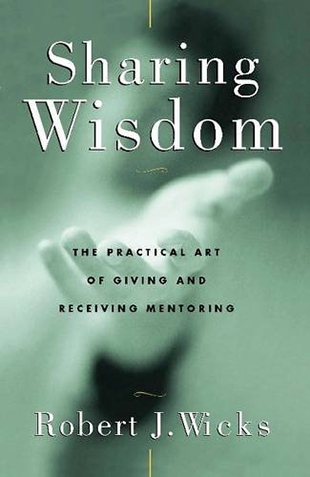"Koan is the Japanese world for a puzzle life presents us with. Koans come in all forms: As a teacher, should I spend time helping an inexperienced colleague if it means depriving my own class of attention? As a minister, can I suggest people pray if I've given up praying myself? As an A.A. sponsor, should I continue working with someone I've grown to dislike if she or he doesn't know it and has been rejected by others? As a supervisor, am I bound to tell people I'm mentoring that I'm angry if they don't seem to follow my guidance but show up for each session promptly and listen intently to my feedback?
"Of course, there is no one ideal to answer to any koan. Yet how we 'solve' these riddles determines whether we move forward in life. To progress, one must shift away of thinking or believing that is stagnant. The more a person is caught in a frame of reference or set of rules, the less change or an innovative freeing response to a koan is possible. Perhaps the most critical koan we face in life is, 'Who am I really?' Through the mentoring relationship, we explore ways to gain sufficient freedom and inner ease to be who we really are so that we, in turn, can be a helping presence to others.
"That is why in mentoring, rather than provide solutions, we gently ask: What if? What's the worst thing that would happen if you did — ? Mentoring, in essence, is helping people question everything so they can chart their own course. Mentoring doesn't provide answers. It provides the setting in which people reframe both questions and answers for themselves.
"Mentoring Lesson 40: In essence, mentoring helps people reframe for themselves both the questions (koans) in their lives and the answers."
